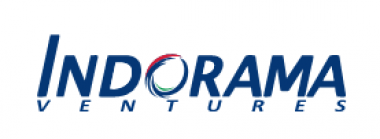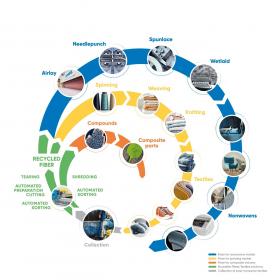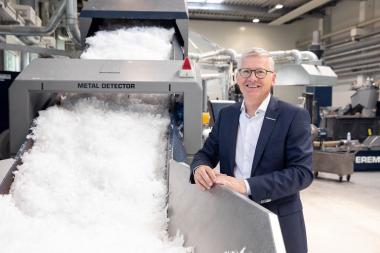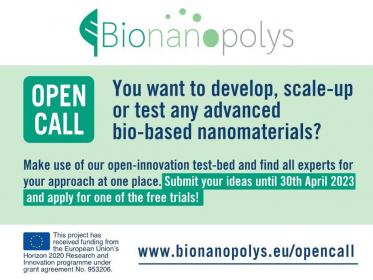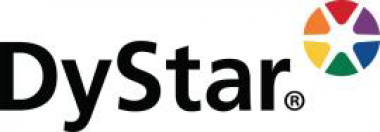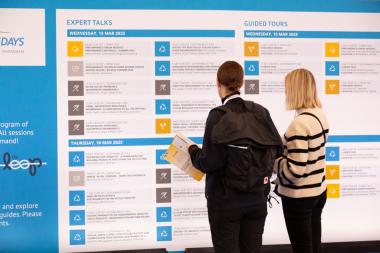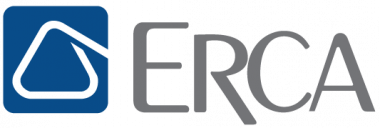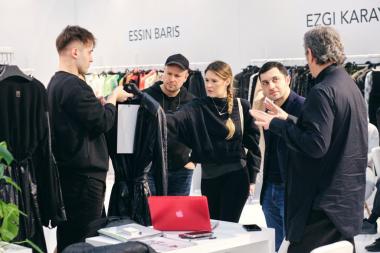Indorama Ventures in Obernburg focuses on automotive sector and specialties
Indorama Ventures at the Obernburg site (Germany) will focus on the core markets of tires and automotive safety/airbags and specialties, as well as drive selected product innovations for application in new market segments. Accordingly, the company plans to adjust its capacity at the Obernburg site and cut around 80 of the current 620 total jobs by the end of the year in production and supporting functions.
Stefan Braun, Managing Director of Indorama Ventures at Industrie Center Obernburg, said, “Global competitive pressure in the man-made fibers industry continues. While our customers value us as one of their leading technology partners, particularly in the development and production of nylon yarns, the cost pressure in the production of individual polyester-based yarns has increased continuously in recent years. We are therefore convinced that we have made the right decision to focus on our core competencies to remain successful in the long term.”
The jobs cuts affect both production and administration and sales positions. Representatives of the company and the Works Council together informed employees about the situation on May 4.
The aim is to make the adjustments as acceptable as possible. Braun added, “We are prepared to talk to employees who will reach retirement age soon and who wish to leave the company early.” The company and employee representatives will agree on suitable measures in the coming weeks.
Indorama Ventures Mobility Obernburg GmbH


